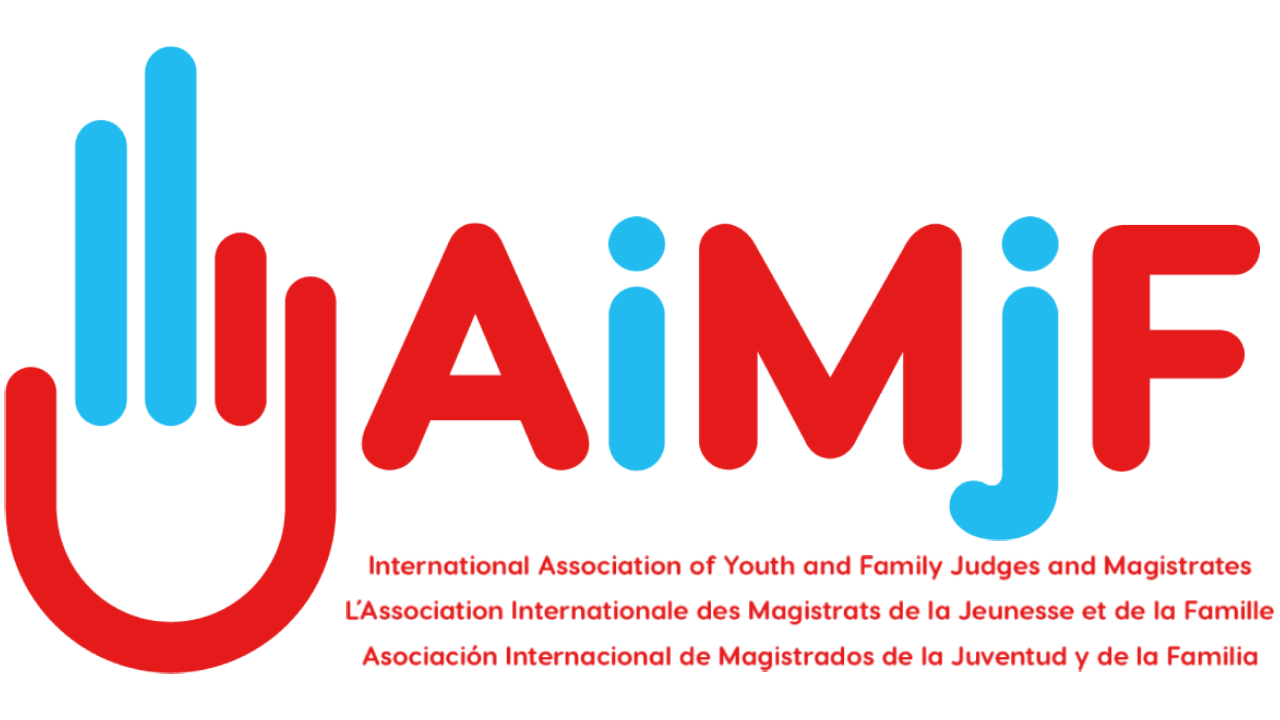NEWSLETTER III
2018 WORLD CONGRESS ON JUSTICE FOR CHILDREN
UNESCO House – Paris
28-30 MAY 2018
Les informations contenues dans ce bulletin sont disponibles en français sur le site web du congrès.
La información de este boletín se puede encontrar en castellano en la página web del congreso.
1. WORLD CONGRESS UPDATE
In two weeks will take place the 2018 World Congress on Justice for Children “Strengthening Justice Systems for Children: Challenges, including disengagement from violent extremism”
At the present time, we have 760 participants and 42 speakers, coming from 60 different countries. And also 28 workshops, in 4 languages with 137 speakers!
For more information please visit the World Congress webpage: https://j4c2018.org/
Due to a large demand for registration in the last days, the organising committee has decided to extend the registration deadline for negociated price tickets to the 10th of may.
2. FREE TRAINING FOR LAWYERS AND JUDGES!
31st May and 1st June 2018 Free Children’s Law Advocacy Training for registered lawyers and judges
As a valuable extra to the 2018 World Congress on Justice for Children, we are pleased to announce that the National Institute for Trial Advocacy (NITA) and Baker McKenzie will host an advocacy training event for lawyers and judges interested in strengthening advocacy for children in courts across the world.
Because of Baker McKenzie’s strong and long-standing commitment to children’s rights globally and NITA’s commitment to strengthening justice for all by improving the quality of advocacy in all courts, we are able to offer to lawyers and judges registered to the World Congress an opportunity for training in best practice in the handling of children’s cases around the world.
NITA is delighted to contribute faculty and resources and the Firm will serve as the “home” for the event.
The goal of this event is to improve the adjudication of children’s cases around the world to achieve better outcomes for children in our court systems.
This Children’s Law Trial Advocacy Training will take place during 2 days on May 31 and June 1 and will focus on persuasive presentations, witness examination, evaluating a case for presentation in writing or in court, and general advocacy skills in a hearing before a judge. This first-ever training will be open to 36 participant lawyers and judges who will be “on their feet” to perform exercises and receive feedback from expert faculty in trial advocacy and children’s rights.
This training event will be organised in English, and is open to a maximum of 36 judges and magistrates, on a “first come first served” basis.
Please download and fill in the registration form and send it back before the 15th of May, following indications on the documents.
Your justice is only as good as your lawyer
Children across the world come into our justice systems as victims or complaining witnesses, as accused defendants, as witnesses and in other ways. This two days will be focused on the very practical skill lawyers should exhibit and judges should expect. The justice system should always be a mechanism for truth-seeking. And it can be when excellent advocacy is employed. This trial advocacy program is designed to accomplish just that.
This is a training by the method of National Institute for Trial Advocacy. It is not a sit-and-listen type of program. It is a learn-by-doing, get-on-your-feet and demonstrate a courtroom skills exercise program. Expert trial lawyers from around the globe give feedback and critique to improve those courtroom-style exercises and then the participants get to try them again to perfect them. Every one will leave a better lawyer, advocate or judge. Different types of topics and exercises will include:
- Case Analysis
Every fact in the case, every potential witness, and piece of evidence should fit into advocates thinking about how to analyze the case related to a child. How do you piece things together? How do you analyze the facts and fit them together to a cogent legal theory and legal theme?
- Telling a story through a witness
Presenting a witness or, where allowed, cross-examining a witness, involves the art of bringing facts form the witness in a way that makes the case their vivid for the fact finder. How to ask for that information – whether representing the witness or countering the witness – can be extremely effective if certain proven techniques are employed
How do you tell the story of the case through a witness? How do you bring out the facts and context of those facts to tell a story through the witness?
- Presenting A Child Witness
Can a child ever share their own story with the court? Under what circumstances does that best happen? How do we use advocacy tools to discern truth so that justice can be found in a child’s case?
- Making A Case For A Child
Oral presentations to the court, in whatever forum or setting that is appropriate for a particular matter, can be extremely important and very effective. Can we help decision- makers make more insightful judgements if the advocate presentations are as cogent and persuasive as possible. Can great presentations make better outcomes? Yes.
These are just some of the topics that will be covered in two jam-packed days as well as panels of experts on advocacy systems for children across the globe. Questions? Comments? Ideas all welcome! Contact Angela Vigil at [email protected].
More information and registration form on the world congress home page.
